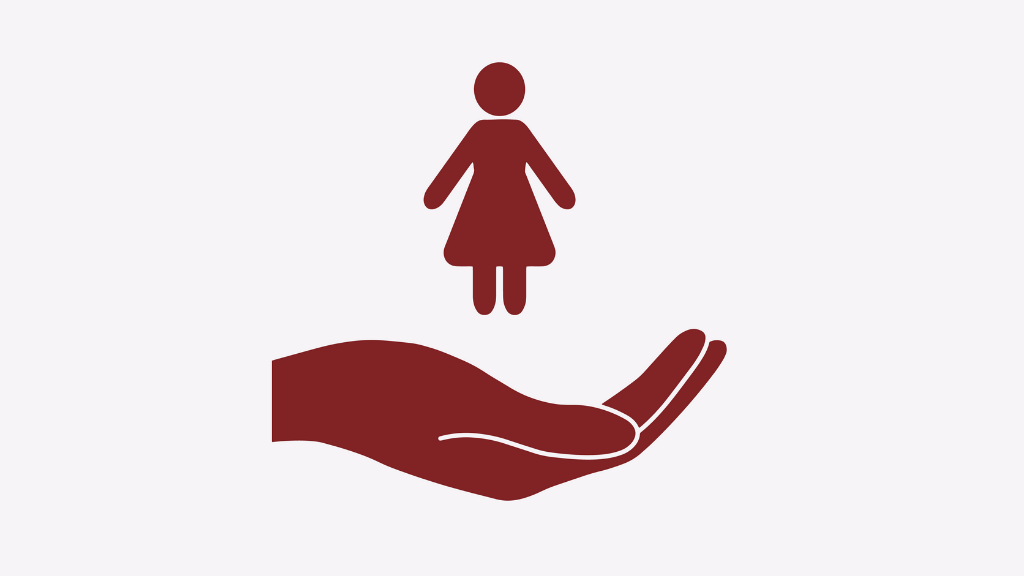Fran Bennett is a Senior Research and Teaching Fellow at the Oxford Institute of Social Policy, University of Oxford. She is also on the research team for the ESRC-funded IPR project, 'Couples balancing work, money and care: exploring the shifting landscape under Universal Credit'.
When Philip Alston – UN Special Rapporteur on Extreme Poverty and Human Rights, and an Australian lawyer and professor – visited the UK in late 2018, he could not have been clearer about his view of its recent welfare reforms. They have “a really remarkable gender dimension,” he said, pointing to a negative impact on women in particular.
His observations on the gendered impact of recent benefit cuts and changes in the UK contained in his final report are supported by other informed analyses as well.
Austerity is the first problem. From 2010, the Coalition and then Conservative governments drastically reduced expenditure on social security, with a range of benefit cuts. These included a four-year freeze in the cash amount of most benefits for non-pensioners, caps on the total benefit claimable in certain situations or by certain groups, and the ‘two-child limit’ on means-tested benefits for families with third or subsequent children born after April 2017.
Women tend to rely on social security more than men do, so they have been more affected by these cuts. In 2018, the Equality and Human Rights Commission reported on the cumulative impact of tax and benefit reforms on certain groups. This showed clearly that changes since May 2010 will, by 2021-22, have reduced support far more for women than for men. Single parents in the bottom fifth of income, for example, will have lost a quarter of their 2010 income. The vast majority of single parents are women.
As women often have caring responsibilities, they tend to act as conduits, receiving benefits on behalf of others to pass them on.
This means that the wellbeing of children is also threatened by cuts. We also know that parents, especially women, tend to go without themselves to ensure that their children have enough. So the way household income is shared – or not – may result in ‘hidden poverty’ for women in families above the poverty line, and even deeper deprivation among women in families below it.
In addition to austerity, recent years have seen the introduction of a major new benefit, universal credit. This is not, in fact, universal but instead is a ‘super’ means-tested benefit, bringing together six means-tested benefits and tax credits for those in and out of work. It combines elements for different purposes in one lump sum payment made monthly to households. It has been criticised for the small amounts provided, the wait before the initial payment, and other features; but the gendered aspects of its design are also of major concern.
There are two ways in which access to income in universal credit for women may be more problematic than under the previous system.
The first is that, compared to tax credits, many second earners in couples may have less incentive to enter or progress in work, because their benefit is tapered away more steeply as they earn.
This, together with other problems such as having to pay childcare costs upfront before being reimbursed, may mean that they do not enter employment, or drop out. Most second earners are women.
Secondly, universal credit for a couple is all paid by default to one person specifically, to one bank account, either individual or joint. Drawing on a Select Committee report, Philip Alston noted that this “can entrench problematic and often gendered interpersonal dynamics, including by giving control of payments to a financially or physically abusive partner.” Even a joint bank account may not mean equal control or access by both partners.
Exceptions to the single payment are very limited and intended to be temporary, though the devolved nations are trying to do things differently. The UK government now wants to ‘nudge’ couples to ensure payment is made to the main carer in couples with children. But this does not give each partner their own income, and in any case only applies to families.
Women will also be affected by the extension of conditionality in universal credit. Both partners must now sign a ‘claimant commitment’; if one refuses to do so, the claim fails. This has not been the case for all means-tested benefits before. Far more of those caring for children – depending on the age of the child – will therefore have to look for work.
Conditions for the main carer are less stringent, however. Couples must nominate one partner as the main carer, and no sharing of this role is acknowledged in the rules. So there is no recognition of parenting responsibilities for the other partner – usually the man. This hardly encourages shared parenting, which in other parts of government policy is promoted.
Philip Alston at the end of his visit to the UK criticised universal credit as “working for men but not for women”. Many might dispute the first part of this comment, but few would disagree with the second.
This blog was originally posted via Policy Forum on 22 November 2019.
Respond




